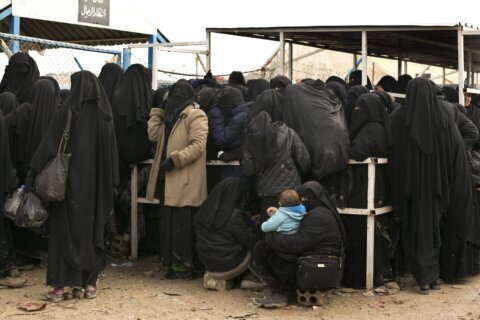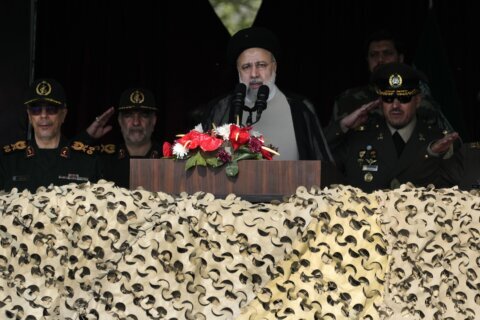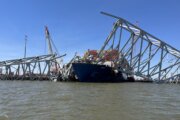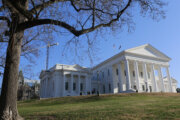LONDON (AP) — London’s top police officer defended the department Friday from complaints of a heavy-handed response to protesters during the coronation of King Charles III, saying his officers intervened to prevent “serious disruption and criminality.”
Metropolitan Police Commissioner Mark Rowley said officers responded to “rapidly developing intelligence” suggesting protests could affect the safety and security of the coronation events last Saturday.
Prompting the concerns were indications that demonstrators planned to use high-volume sound devices that could have panicked horses and to block the procession between Buckingham Palace and Westminster Abbey by locking onto things along the route, Rowley said in a letter responding to questions from Mayor Sadiq Khan.
‘’Had our officers not acted on the reasonable grounds based on the evidence in front of them in the moment and the potential risk to the event, there would now be much more serious questions to answer about the event,’’ Rowley wrote. “Serious and reliable intelligence told us that the risks were very real.”
Rowley’s assessment came after it emerged that a supporter of the monarchy who was waiting along the parade route in hopes of seeing the new king was arrested and detained for 13 hours simply because she was standing close to protesters in central London on Saturday. Alice Chambers has called on the police department to put new processes in place to prevent a repeat of the incident.
Anti-monarchy groups, environmental campaigners and civil liberties organizations have accused the police, and Britain’s Conservative government, of stifling the right to protest by using recently enacted police powers to clamp down on peaceful but disruptive demonstrations on coronation day.
Republic, a group that is campaigning to replace the king with an elected head of state, has pledged to take legal action.
The U.K.’s recently passed Public Order Act, introduced in response to recent environmental protests that disrupted transportation around the country, allows police to search demonstrators for items such as locks and glue. It allows penalties of up to 12 months in prison for protesters who block roads or interfere with “national infrastructure.”
The new rules came into effect three days before the coronation.
Rowley said peaceful demonstrations were allowed to continue, including a large group of anti-monarchist protesters along the parade route at Trafalgar Square.
“Protest was not banned,” he said. “While we said that our tolerance for disruption of the coronation celebrations was low, it was not zero.”
Copyright © 2024 The Associated Press. All rights reserved. This material may not be published, broadcast, written or redistributed.







